Here is the article about my practice in Hopkins.
Ta-Ya
Integrative Medicine Goes Mainstream
A new Johns Hopkins Community Physicians practice offers on-site acupuncture and massage.
 At Canton Crossing, Ta-Ya Lee provides relief for JHCP practice administrator Latanya Brooks' sinus headache. Acupuncture has also helped Brooks manage night sweats. |
Before moving to Baltimore eight years ago from another state, Karen Munson (not her real name) found relief for her inflammatory bowel disease through acupuncture. So once she settled into her new position at the Krieger School of Arts and Sciences, she kept an ear out for an acupuncturist—just in case. Not long afterwards, a flare-up recurred.
A patient of Johns Hopkins Community Physicians at Wyman Park, Munson recalled seeing an ad announcing the services of acupuncturist Ta-Ya Lee, an adult primary care nurse practitioner, at that location. Munson made an appointment. At the initial visit, she recalls, Lee asked not only about the gastric symptoms but also about other aspects of her life—diet, sleeping habits and her emotional state. When Munson mentioned that she’d been trying to conceive, Lee reviewed her eating habits with her more carefully,suggesting changes.
Munson returned once or twice a week for treatments with thin, solid metallic needles Lee inserted at various pressure points (meridians), following ancient Chinese medicine practice. The theory is based on the premise that the body has patterns of energy flow (Qi) that ensure good health. Acupuncture may correct disruptions to that flow. As she expected, Munson started feeling much better. “You feel the pinprick initially,” she says, “but then you’re totally relaxed.”
A short time later, Munson learned she was pregnant. “I called Ta-Ya before I called my own mother,” she says. “I’m not sure I would have conceived without her constant support. She doesn’t just treat a problem; she looks at the whole person.” Munson is now the mother of two children, ages 4 and 1.
Lee, who earned her M.S.N. at Hopkins, can attest to similar stories about reversing infertility and other ailments through acupuncture and lifestyle changes. She’s had success with conditions as varied as headaches, back pain, depression, nausea—even night sweats.
“In a sense, I’m like a plumber,” Lee says of her work. “If a pipe—meridian—isn’t producing enough water—Qi—I can insert a needle to stimulate the flow.” But that’s only part of the equation. Lee, who still provides primary care and acupuncture at the Wyman Park office, incorporates herbal treatments, diet advice and referrals for massages and Tai-Chi classes to improve balance. “Health is bound to improve when everything works in concert,” she says.
Demand for this holistic approach is growing, particularly at JHCP’s newest location, Canton Crossing, where integrative medicine—making use of different therapies to achieve optimal health—is taking root. (The office relocated last fall from its Tindeco location.) Canton’s mostly younger patient population, says medical director Robert Connors, isn’t looking for pills to treat disease. “They want more natural, less invasive treatments, which we can offer with the integrity that comes with the Hopkins name.”
The Asian décor, including a pebble fountain in the acupuncture waiting area, lends a tranquil atmosphere. At the same time, the multi-specialty group of six board-certified physicians provides conventional primary care, obstetrics/gynecology and pediatrics. A social worker offers free assistance with insurance and psychiatric referrals, and a clinical pharmacist provides advice on cardiovascular risk reduction for uncontrolled diabetes and high blood pressure.
Integrative medicine has become more mainstream in recent years. In 2002, the government established the National Center for Complementary and Alternative Medicine to study the efficacy of nontraditional therapies (some of this NIH-funded research is taking place at Hopkins). Today, many health plans cover the cost of acupuncture. Even the nomenclature has evolved, explains Connors. “At first we called acupuncture ‘alternative’ medicine, but as it became more accepted, we called it ‘complementary.’ Now it’s being ‘integrated’ into more traditional practice.”
Connors refers patients to Lee for a host of problems, though not always to the exclusion of conventional treatments using medication. Lee—one of only a handful of acupuncturists in the country who’s also a certified nurse practitioner—knows her limits, he says. “She’s not going to try to cure someone’s cancer with acupuncture, but she can help alleviate some side effects of chemotherapy.”
For patients like Karen Munson, that diverse background instills confidence. “Ta-Ya knows when to rely on her knowledge of Western medicine and her understanding of Chinese Medicine,” says Munson. “And that keeps me coming back.”
—JM
For more information about JHCP Canton Crossing, call 410-522-9940, or visit hopkinsmedicine.org/jhcp/sites/canton_crossing.





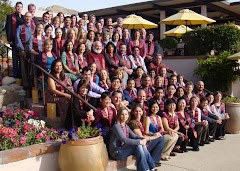
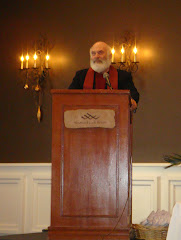
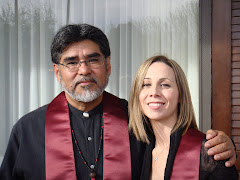
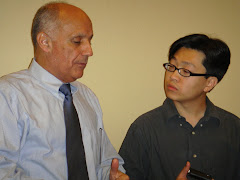

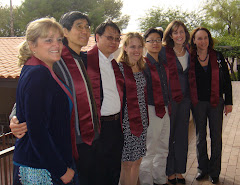
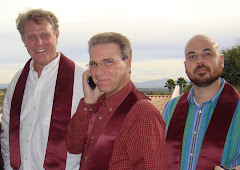
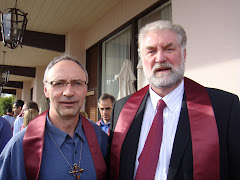
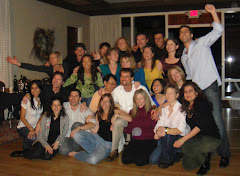

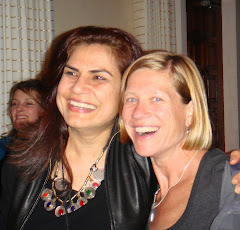
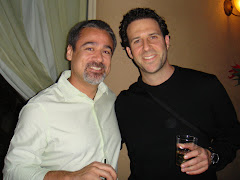
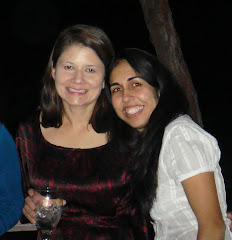
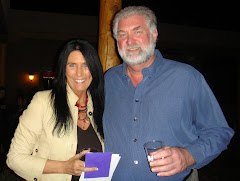

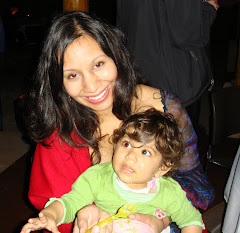
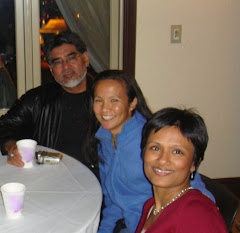
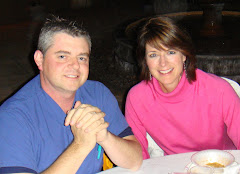
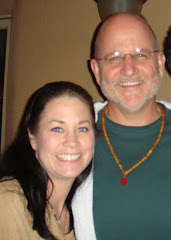

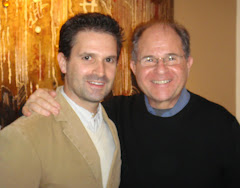
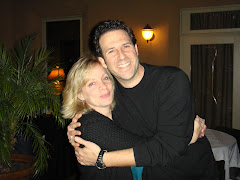
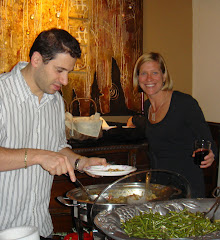
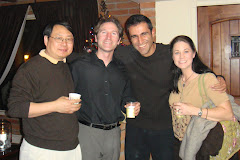
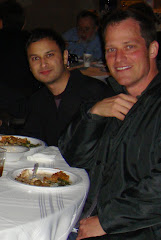
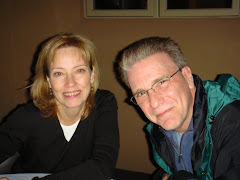
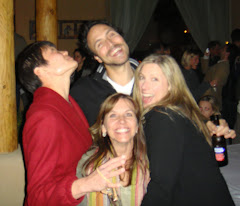
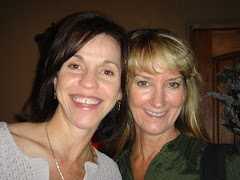

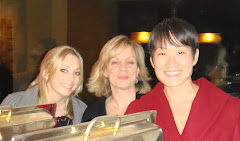
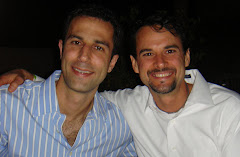

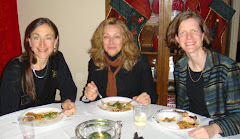

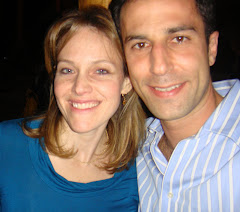


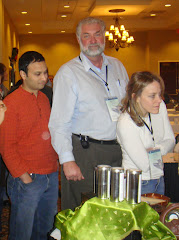
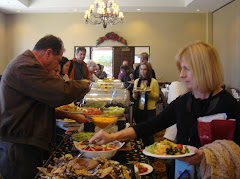
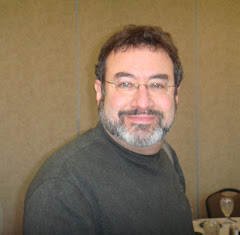
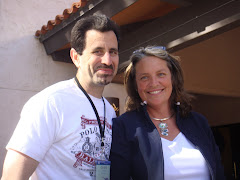

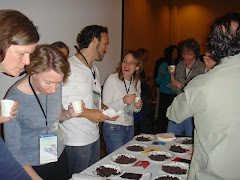
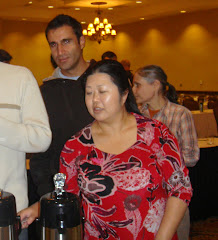
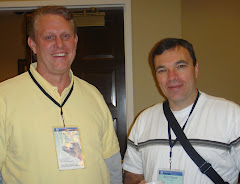
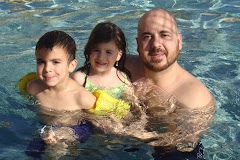

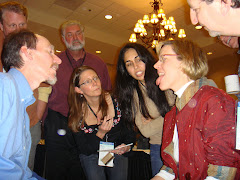
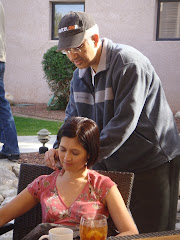
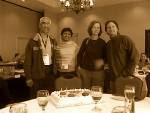


No comments:
Post a Comment